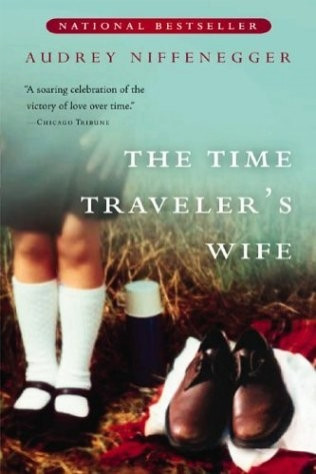Busting Myths on Time Travel: Will an LHC Breakthrough Enable Time Travel?

Time travel has been an idea reigning human imagination for very long, beginning as early as 700 BCE when Indian epic tale Mahabharata mentioned it in its fictional narrative. In the early 18th century Samuel Madden mentioned time travel in his work "Memoirs of the Twentieth Century."
Since then umpteen numbers of books including fictions and research papers played around human imagination on time travel. The most memorable of the books which caught popular imagination include H. G. Wells' "The Time Machine," Charles Dickens' "A Christmas Carol," Edward Page Mitchell's "The Clock That Went Backward," Washington Irving's "Rip Van Winkle" and Audrey Niffenegger's "The Time Traveler's Wife."
Not only science fiction writers, but scientists too found time travel an ambitious human dream which gave way to a number of theories regarding the plausibility of the same, ever since the discovery of special and general relativity by Einstein.
As the speculative possibility of time travel continued to unfold certain time travel paradoxes also emerged, most popular ones being the "Grandfather" and "Bootstrap" paradoxes, say Chiu Man Ho and Thomas J. Weiler of Department of Physics and Astronomy of Vanderbilt University in U.S.
In simple terms Grandfather Paradox points to the physical impossibility of someone killing his own grandfather by travelling back in time which destroys the primary cause of his own existence.
Bootstrap paradox, a little more complex than Grandfather Paradox, can be explained with an example. In a time travel enabled universe, a man travels back in time and marries a woman, who he later learns was his own mother, who then gives birth to him. He is therefore his own father and, because of this, also his own grandfather, great-grandfather, great-great grandfather, great-great-great grandfather and so on, making his ancestry infinite, and also giving him no origin for his paternal genetic material.
These paradoxes explain the impossibility of human time travel, which means the ongoing Large Hadron Collider experiment (LHC) at CERN in Switzerland, and Tevatron at Fermilab outside Chicago, are not speculating about humans or robots or any macro objects travelling back and forth in time.
Nevertheless, according to scientists time travel is theoretically possible for gauge-singlet particles. Man Ho and Weiler, in their research paper titled "Causality-Violating Higgs Singlets at the LHC" say that gauge singlet particles (gravitons, sterile neutrinos, and Higgs singlets) will be able to traverse time. "In this way, the standard paradoxes are ameliorated, as no macro objects can get transported back in time."
So what has LHC got to do with time travel? "Higgs singlets, mixed or unmixed with their gauge non-singlet siblings, may be produced and detected at the LHC," say the researchers. This means even the particle time travel is a highly speculative possibility which may or may not occur depending on what will be produced by CERN's decisive experiment.
"Our theory is a long shot," Weiler says, "but it doesn't violate any laws of physics or experimental constraints."
Though many are going wild with ideas of time travel, scientists dismiss anything remotely akin to what are being speculated. One such theory posted in New York Times quoting Holger Bech Nielsen, of the Niels Bohr Institute in Copenhagen, and Masao Ninomiya of the Yukawa Institute for Theoretical Physics in Kyoto, Japan, states, "the hypothesized Higgs boson... might be so abhorrent to nature that its creation would ripple backward through time and stop the collider before it could make one, like a time traveler who goes back in time to kill his grandfather."
With LHC waiting for solid answers, and dismissing speculations which lack scientific or logical support, the wild theories can be put to rest for the time being.
© Copyright IBTimes 2024. All rights reserved.












